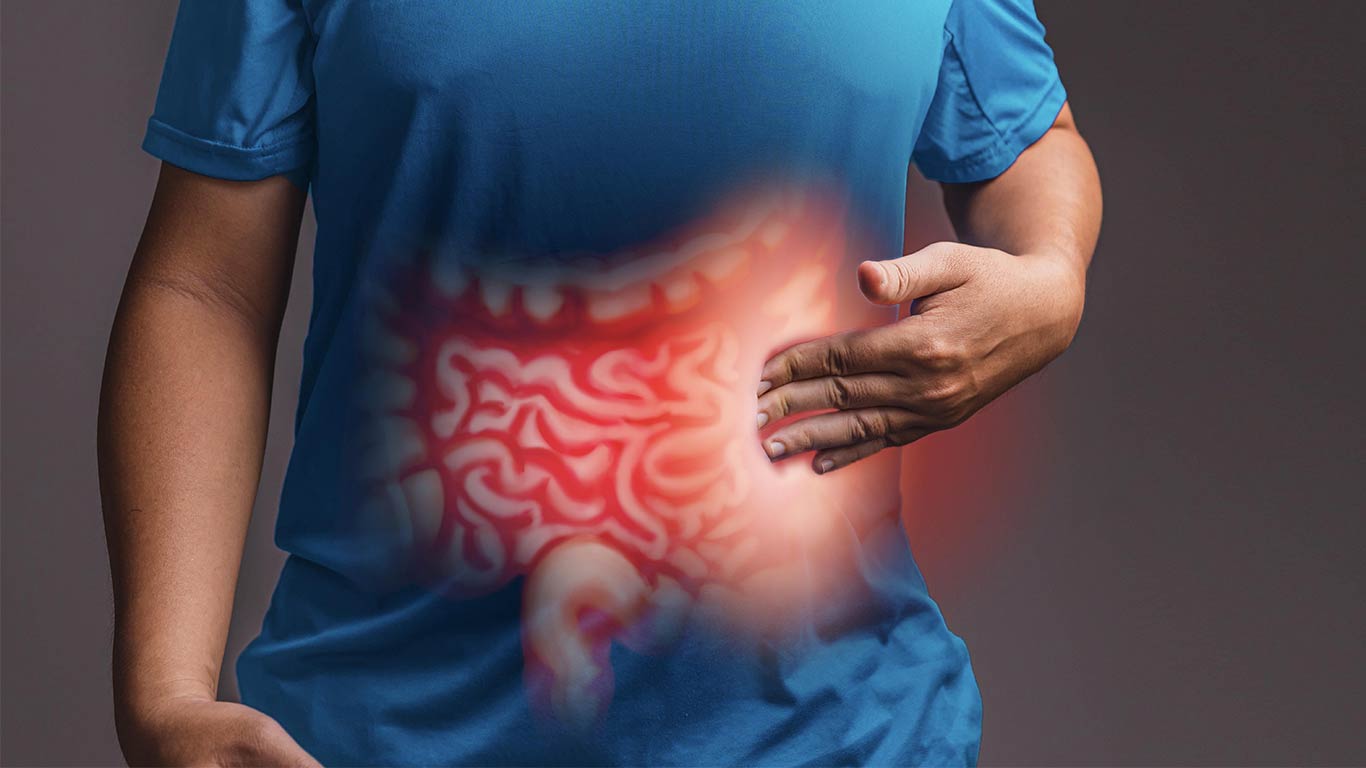
Pancolitis is a severe form of inflammatory bowel disease (IBD) that encompasses the entire colon, presenting a myriad of diagnostic and therapeutic challenges. It is imperative for those affected to recognize the symptoms early and seek treatment promptly to ensure a better quality of life and favorable patient outcomes.
Symptoms and the Importance of Early Detection
The symptoms of pancolitis often resemble those of other IBD types, making an accurate diagnosis crucial. Sufferers typically report persistent abdominal pain, frequent bowel movements with a sense of urgency, and the presence of blood or mucus in stools. Fatigue, unexplained weight loss, and fever further signal the body's ongoing battle against inflammation.
Understanding the Potential Complications
The chronic inflammation characteristic of pancolitis can lead to grave complications. There is a heightened risk of colon cancer due to prolonged inflammation, and the potential for colon perforation, which can result in severe infections. Other possible complications include primary sclerosing cholangitis, joint pain, and skin rashes, underscoring the systemic impact of the disease.
Diagnostic Journey
The diagnostic process for pancolitis is comprehensive, involving a detailed medical history, physical examination, blood tests to detect anemia and inflammation, and stool tests to rule out infections. A colonoscopy remains the gold standard for diagnosis, often supplemented by imaging tests such as CT scans or MRIs to determine the extent of inflammation.
Strategies for Treatment and Management
The treatment regimen for pancolitis may include medications like aminosalicylates, corticosteroids, immunomodulators, and biologic therapies. Equally important are lifestyle changes, encompassing dietary modifications, regular exercise, and stress management techniques. In cases where the disease is severe, surgical intervention may be considered.
The Role of Diet in Symptom Management
Dietary habits play a pivotal role in managing the symptoms of pancolitis. It is essential for patients to identify and avoid foods that trigger their symptoms, and to work with a dietitian to develop a balanced meal plan. Adequate hydration is also critical, given the increased risk of dehydration associated with the condition.
Navigating Life with Pancolitis
Living with pancolitis requires continuous management and adaptation. Regular medical check-ups are vital for monitoring disease progression and averting complications. Support groups and counseling offer psychological support, while nutritional advice ensures that dietary needs are consistently met.
Impact on Daily Activities
Pancolitis can necessitate significant adjustments to daily life, potentially affecting employment, social engagements, and personal relationships. Strategic planning and robust support networks are key to maintaining an active lifestyle despite the challenges posed by the condition.
Concluding Insights
Pancolitis is a complex condition that demands a holistic approach to care and management. Timely diagnosis and treatment, combined with appropriate medical care, lifestyle adjustments, and supportive networks, empower individuals with pancolitis to lead fulfilling lives. Ongoing research continues to advance our understanding and improve treatments, offering hope for better patient outcomes. This comprehensive article delves into the nuances of pancolitis, highlighting the criticality of symptom recognition, the diagnostic process, and the influence on daily living, as well as the persistent research efforts aimed at enhancing patient care. With a thorough understanding of pancolitis, patients and healthcare providers can collaborate effectively to manage this challenging condition




